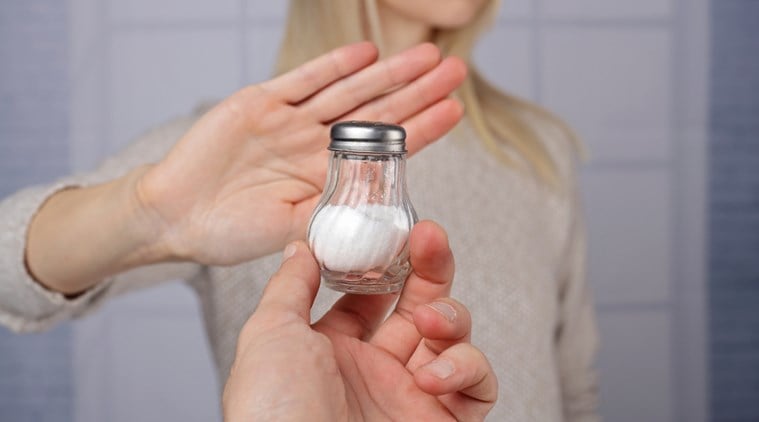World Heart Day 2019: Simple ways to prevent heart attack and stay healthy
World Heart Day 2019: Ensure that your diet comprises a balance of nutrients like protein, carbohydrates, fat, vitamins, and minerals.

Studies have found that heart attack is one of the leading causes of death in several countries across the globe, and India is no exception. Prevalence of heart disease and stokes has increased by 50 per cent from 1990 to 2016, say experts adding that it is essential to take necessary preventive measures and make them part of one’s lifestyle to keep the heart healthy.
It is recommended to keep the following things in mind to prevent a heart attack and stay healthy, say Dr Santosh Datar, Medical Director and Consultant and Dr Ashish Sharma, Senior Trainer, Department of Pre-Hospital Care, Ziqitza Healthcare Limited who share the following tips:
ALSO READ | Women and heart health: Heart attack signs and symptoms to know about
1. Eat healthy — Ensure that your diet comprises a balance of nutrients like protein, carbohydrates, fat, vitamins, and minerals. Add abundant fresh fruits and vegetables, dairy products, eggs/lean meat, foods rich in omega-3 fatty acids, and grains to your daily diet. Reduce your salt, sweet and red meat intake, to maintain cholesterol and blood pressure levels.

2. Exercise regularly — Lead an active lifestyle, which will not only keep your weight in check, but also help improve blood circulation, lower cholesterol and blood pressure levels. This further aids in maintaining heart health, thereby reducing the possibility of a heart attack. A good mix of cardio vascular and weight training with yoga is extremely effective.
3. Avoid alcohol and smoking — Steer clear of alcohol, smoking, and any such harmful addictive substances.
4. Be relaxed and get enough sleep— Try finding a method to ease out and relax such as yoga or meditation to reduce your stress levels, as stress is one of the biggest triggers for heart attack across all age groups. Adequate sleep is equally important, in order to reduce the risk of disorders like obesity, diabetes, and high blood pressure, which eventually lead to a heart attack or stroke.

5. Maintain blood sugar — Excessive sugar in your blood levels is extremely risky, as it can damage the arteries, which is found in the case of pre-diabetics as well as diabetics. Go for regular check-ups to ensure that your blood sugar is in control, to prevent diabetes, and thereby, any chance of a heart attack.
“While all of the above help in reducing the risk of a heart attack, at times, it is inevitable. However, time is of utmost importance during medical emergencies to mitigate the loss of life,” says Dr Datar, who says that identifying the following signs and symptoms can help save a life:
1. Chest pain that feels like pressure, squeezing, or fullness. The pain is most often in the center of the chest. It may also be felt in the jaw, shoulder, arms, back, and stomach. It can last for more than a few minutes or come and go.
2. Numbness, aching or tingling in the arm (usually the left arm)
3. Shortness of breath
4. Cold sweat
5. Light-headedness
6. Nausea (more common in women)
7. Vomiting
8. Weakness or fatigue or altered mental status, especially in elderly and women
ALSO READ | Here’s what to do if someone is having a heart attack
Heart attacks can be fatal, but early medical attention can save a life. If you see someone experiencing the symptoms, remember the following checklist to ensure their safety-
1. Have the person sit down, rest, and try to keep calm
2. Loosen any tight clothing
3. Avoid any physical activity
4. Call for emergency medical helplines such as 102, Dial 108 or 1298
5. Do not leave the person unattended or wait for the symptoms to go away. Do not allow the person to deny the symptoms and convince you not to call for emergency help.

6. It is extremely crucial to follow a healthy and active lifestyle, post the survival of the heart attack.
7. Keep your medication routine in check
8. Follow healthy dietary habit
9. Lead an active life — let exercise be part of daily chores
10. Monitor your physical condition on regular basis
11. Always have the emergency contacts handy
Source: Read Full Article



